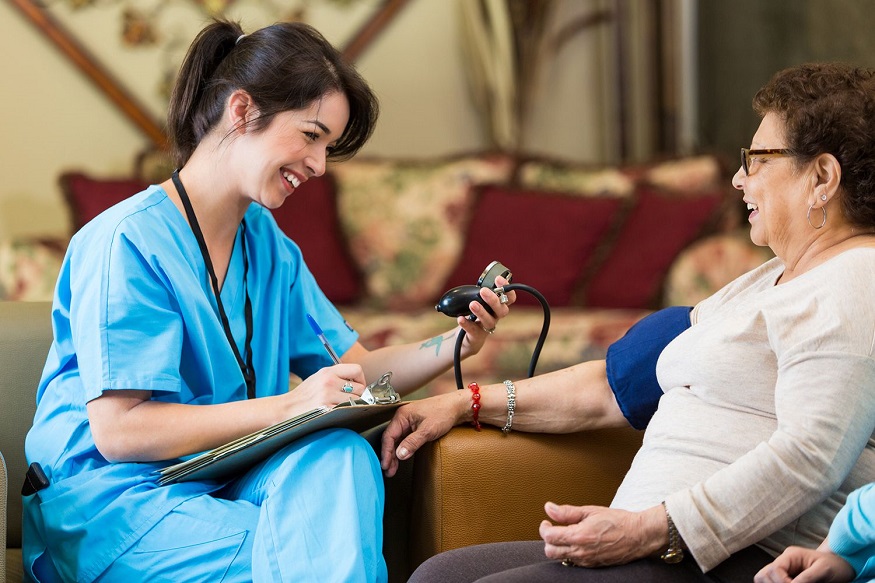Whether you are in your late teens or in your 60’s, experiencing some symptoms or not, a regular visit to your health care provider is imperative. Preventive care will definitely improve your quality of life as it arrests the incidence of future complications.
A regular routine health check includes screening for any occurrence of illnesses or disorders and evaluation and prognostication of health risks. Cranbourne medical centre visits, in addition, are the best opportunities for an immunization update. There are life-threatening illnesses that can be averted by immunizations administered at the prescribed time.
Seeing your health provider regularly gives both of you the occasion to be familiar with each other, thus, you can feel more confident about discussing your concerns and in the same manner, they are able to give you sound advice specifically suited to your lifestyle.
Below are a few of the recommended basic health screening tests, when and how often you should have them.
1. Dental Check-Up
Ideally done every six months, a dental visit typically includes a thorough oral and dental examination and oral prophylaxis (cleaning). It may also include x-rays to determine the presence of early tooth decay.
2. Body Mass Index (BMI)
In this day and age of an unhealthy lifestyle – lack of regular physical exercise, junk foods, stress, obesity has become one of the leading causes of morbidity. Have your BMI calculated at least every six months and exert efforts into maintaining an ideal body weight to prevent risking debilitating health problems like cardiovascular disease and diabetes.
3. Blood Pressure Screening
Generally, the ideal blood pressure of a healthy adult is 120/80 mm Hg. Monitoring should be done every two years but more frequently (depending on your health provider’s advice) for anything above that figure or having any risk factors such as:
- family history of hypertension
- obesity
- heart / cardiovascular disease
- diabetes mellitus
- kidney disease
- menopause
4. Cholesterol Screening
Starting at the age of 20, a cholesterol screening done every five years is recommended. But BMI spikes, hypertension, heart disease, and other conditions will require that you go for check-ups more often.
5. Blood Glucose Test ( Fasting Blood Sugar, HbA1c)
FBS – determines immediate blood sugar levels
HbA1c- reflective of blood sugar levels in the past 6-8 weeks. If you have a strong family history of diabetes, a change in lifestyles like an increase in weight or stress levels, hypertension, and kidney problems, you need to have a blood glucose check as soon as possible.
Diabetes is currently prevalent and can lead to severe complications like blindness, heart problems, kidney and liver diseases, and limb amputation if not adequately controlled.
6. Pap’s Smear
Ideally done every one to three years depending on age, family history and lifestyle, Pap’s Smear is better combined with Human Papillomavirus screening for a more comprehensive test against potential cervical cancer.
7. Mammogram
Having close family members who have had breast cancer poses a high risk of you developing them too. Have a mammogram and breast ultrasound and follow-up accordingly, preferably every year.
8. Immunizations
An annual flu shot will save you the trouble of having to miss work or an important appointment.
Starting at age 14, it is recommended that women obtain a complete regimen of the HPV vaccine to guard against cervical cancer.
Your health care professional will also determine if there are other vaccines you might be needing.

